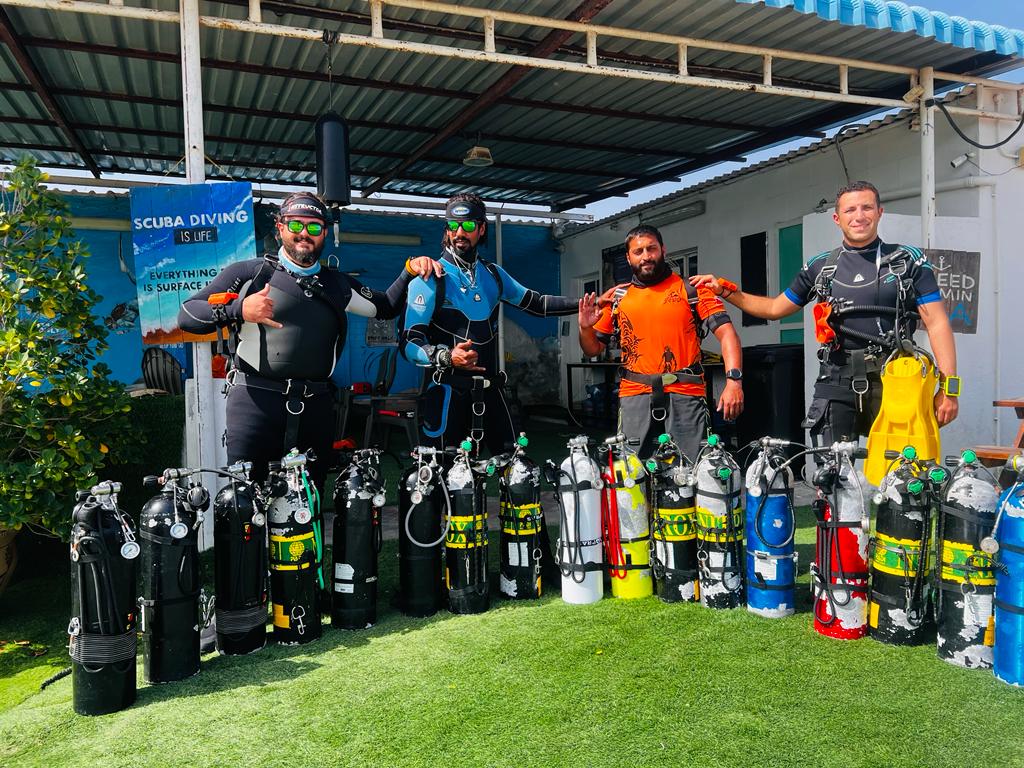Safety First: The Importance of Training and Preparation in Technical Diving

Technical diving has been described as the apex of diving, a realm reserved for highly trained, highly skilled divers who are ready to take on the challenges that come with exploring depths and environments that recreational divers can only dream about. But as thrilling as technical diving can be, it is also demanding, requiring a significant commitment to training, preparation, and safety. In this blog post, we'll explore why training and preparation are so essential for technical diving.
-
Diving Deeper and Staying Longer: Technical diving often involves diving deeper than 40 meters and staying underwater for extended periods. These dives require a different approach to breathing gas management, decompression, and navigation than recreational dives, making specialized training essential.
-
Complex Equipment: Technical divers often use specialized gear, including rebreathers, different gas mixtures, multiple tanks, and even underwater propulsion vehicles. Operating this equipment safely requires in-depth knowledge and training.
-
Demanding Environments: From deep sea wrecks in Dubai to underwater caves in Fujairah, technical diving often takes place in challenging environments. Training helps divers learn how to handle potential hazards and minimize risks.
-
Emergency Situations: The potential for equipment failure, entrapment, or getting lost is higher in technical diving. Preparation and training allow divers to respond effectively and calmly to emergencies, ensuring they know how to self-rescue and assist others.
-
Physical and Psychological Demands: Technical diving is not just physically demanding, but also mentally challenging. Training helps divers develop the physical fitness, mental toughness, and resilience needed for technical diving.
-
Conservation and Respect: Technical divers often visit sensitive habitats and historic wrecks. Training promotes understanding and respect for these sites, emphasizing the importance of preserving them for future generations.
In conclusion, training and preparation aren't just boxes to tick on the way to becoming a technical diver. They're essential aspects of a commitment to safety, responsibility, and respect for the underwater world that make technical diving such a rewarding pursuit. Dive safely, explore bravely, and remember that the sea's depths are there for those prepared to earn them.

